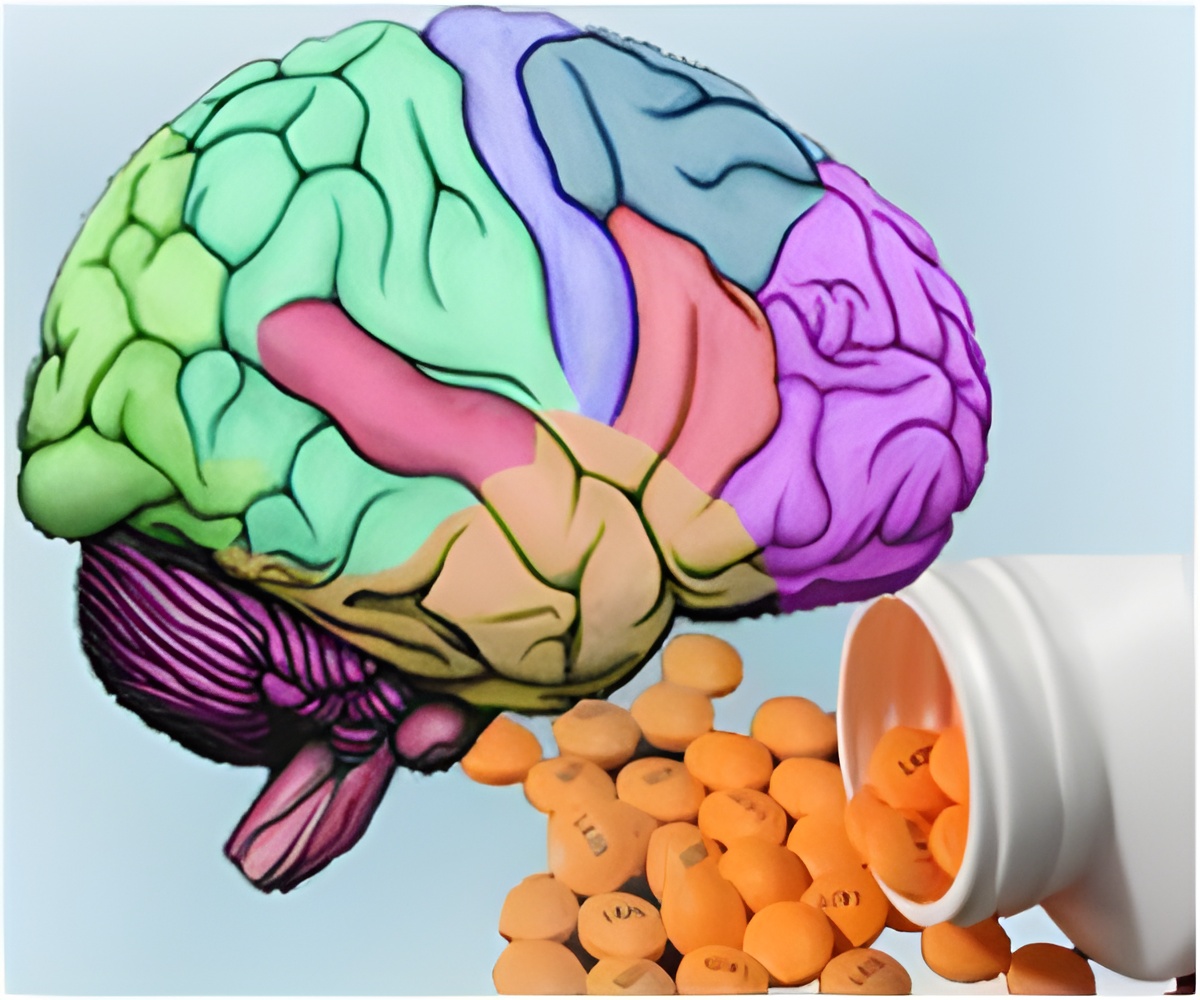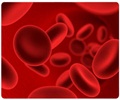A large-scale trial finds that apixaban, a new anticoagulant drug, is superior to the standard drug warfarin for preventing stroke.

"These are important findings because they show that, when compared to warfarin, a very effective treatment to prevent stroke, apixaban resulted in an additional 21 percent relative reduction in stroke or systemic embolism," says Christopher B. Granger, M.D., the study's lead author and professor of medicine at Duke. "It also resulted in a 31 percent relative reduction in major bleeding, as well as an 11 percent relative reduction in overall mortality."
The improvement in stroke prevention was statistically significant with P=0.011, the lower rate of major bleeding at P<0.001, and the lower mortality at P=0.047. Hemorrhagic stroke was reduced by about 50%.
The randomized, double-blind clinical trial known as ARISTOTLE randomized 18,201 patients at 1034 clinical sites in 39 countries, giving them either 5 mg twice daily of apixaban or warfarin for an average of 1.8 years.
Apixaban has several major practical advantages over warfarin in addition to the therapeutic benefits, says John Alexander, M.D., a study co-author and Duke cardiologist. "It does not require monitoring and has few interactions with other medications or food. Apixaban was better tolerated than warfarin, with fewer discontinuations."
The benefits of reducing stroke and lower rates of bleeding were consistent across all major subgroups, and despite the heterogeneity that exists in the quality of warfarin use across the world, says Alexander.
Advertisement
Atrial fibrillation is a common abnormal heart rhythm that affects more than 2.6 million Americans. It occurs when the heart's electrical activity becomes disorganized, resulting in an irregular heartbeat with ineffective contraction of the upper chambers of the heart. The potential for blood clots to form, and one's risk for stroke, increases as a result.
"There is an enormous unmet need for treatment of patients at risk for stroke associated with atrial fibrillation," says Granger. "Only about half of patients who should be treated are being treated. The disparity exists because warfarin treatment has several limitations."
Doctors and patients have been eagerly awaiting alternative therapies to warfarin, one of which is currently available. Several others are currently under investigation in large clinical trials.
Apixaban is an oral direct factor Xa inhibitor that showed promise last year when trial findings presented at the European Society of Cardiology showed apixaban patients were 54 percent less likely to have a stroke or blood clot than those who took aspirin. Apixaban and aspirin showed similar risks of major bleeding.
"Our study indicates treatment with apixaban is more effective than warfarin in preventing stroke without the need for anticoagulation monitoring," says Lars Wallentin, M.D., the study committee's co-chair, professor of cardiology, and director of the Uppsala Clinical Research Center University Hospital in Sweden.
The study also shows apixaban is safer than warfarin, according to Wallentin. "Our findings show a single dose of apixaban accomplishes the same stroke prevention goal as adjusted-dose warfarin with a substantially lower risk of all types of bleeding across different ages, and with lower rates of discontinuation."
Source-Eurekalert















